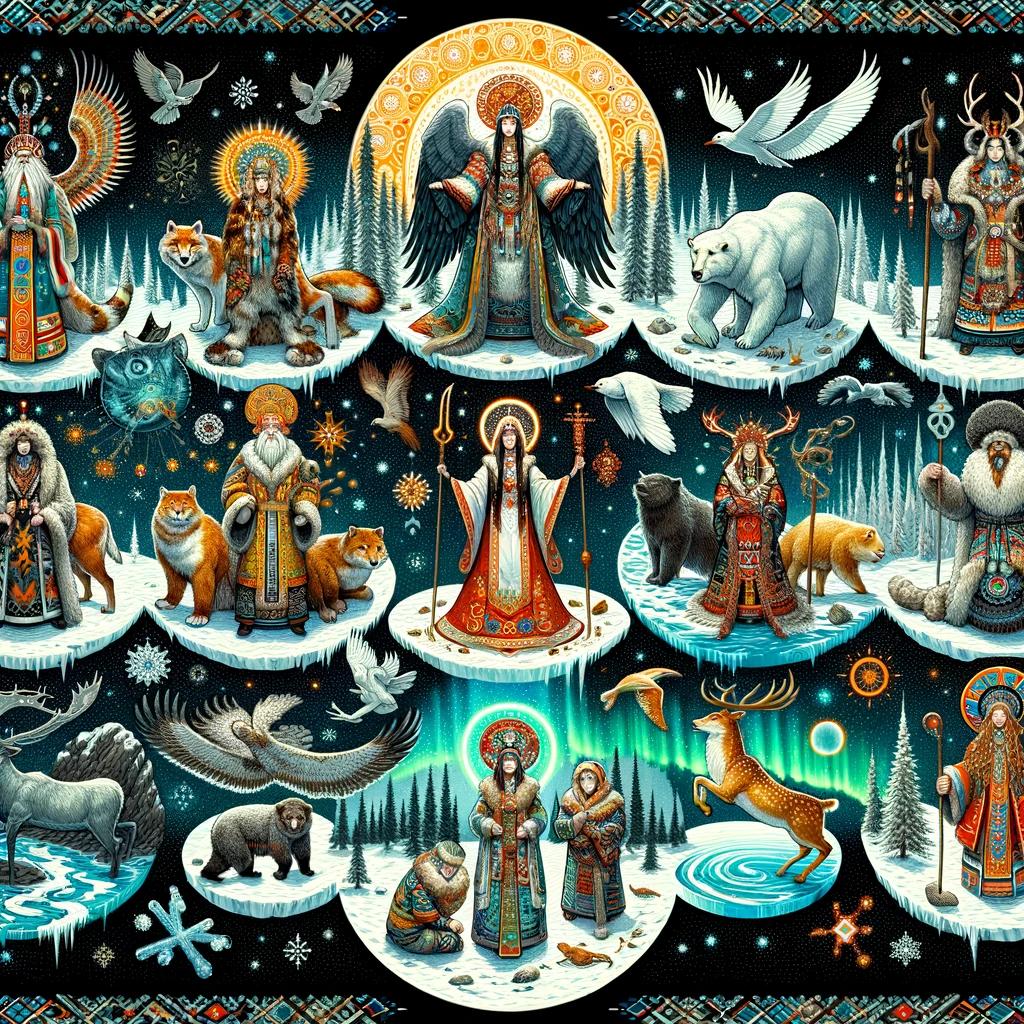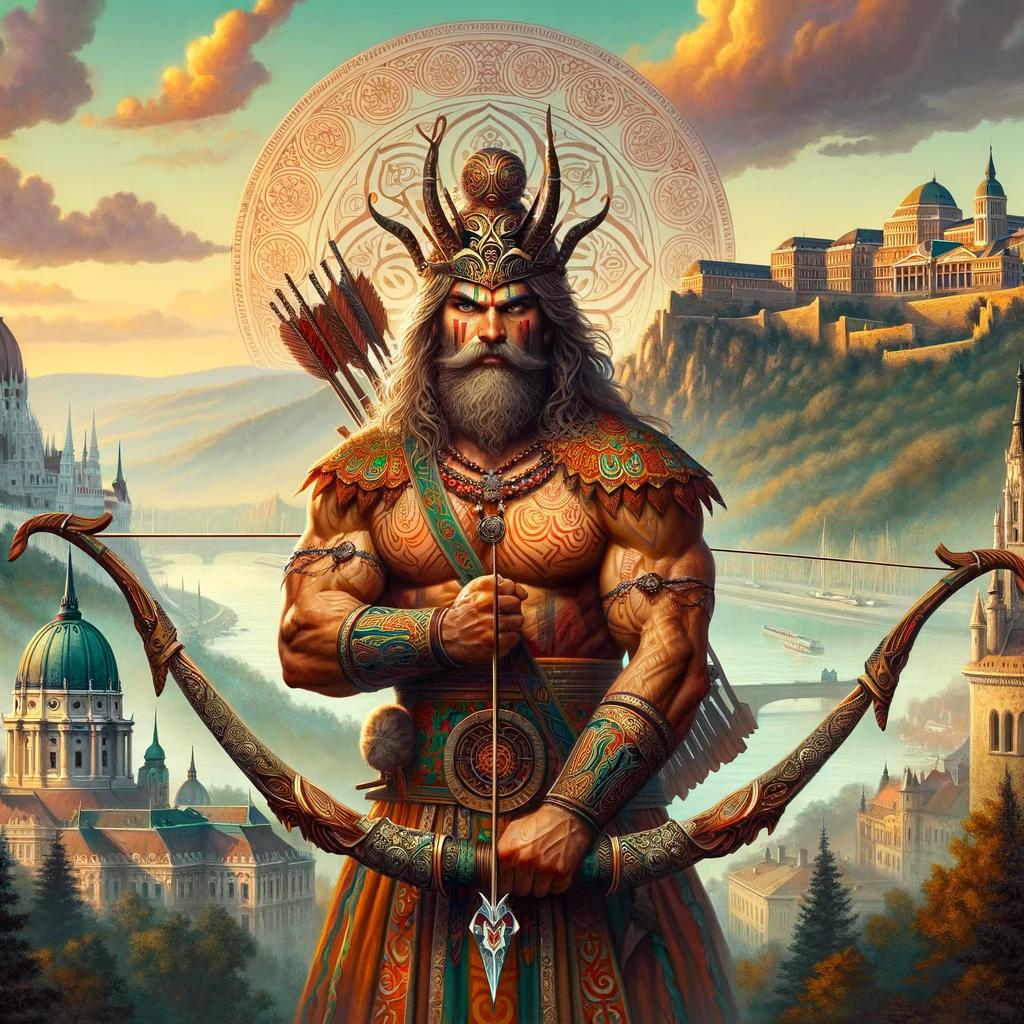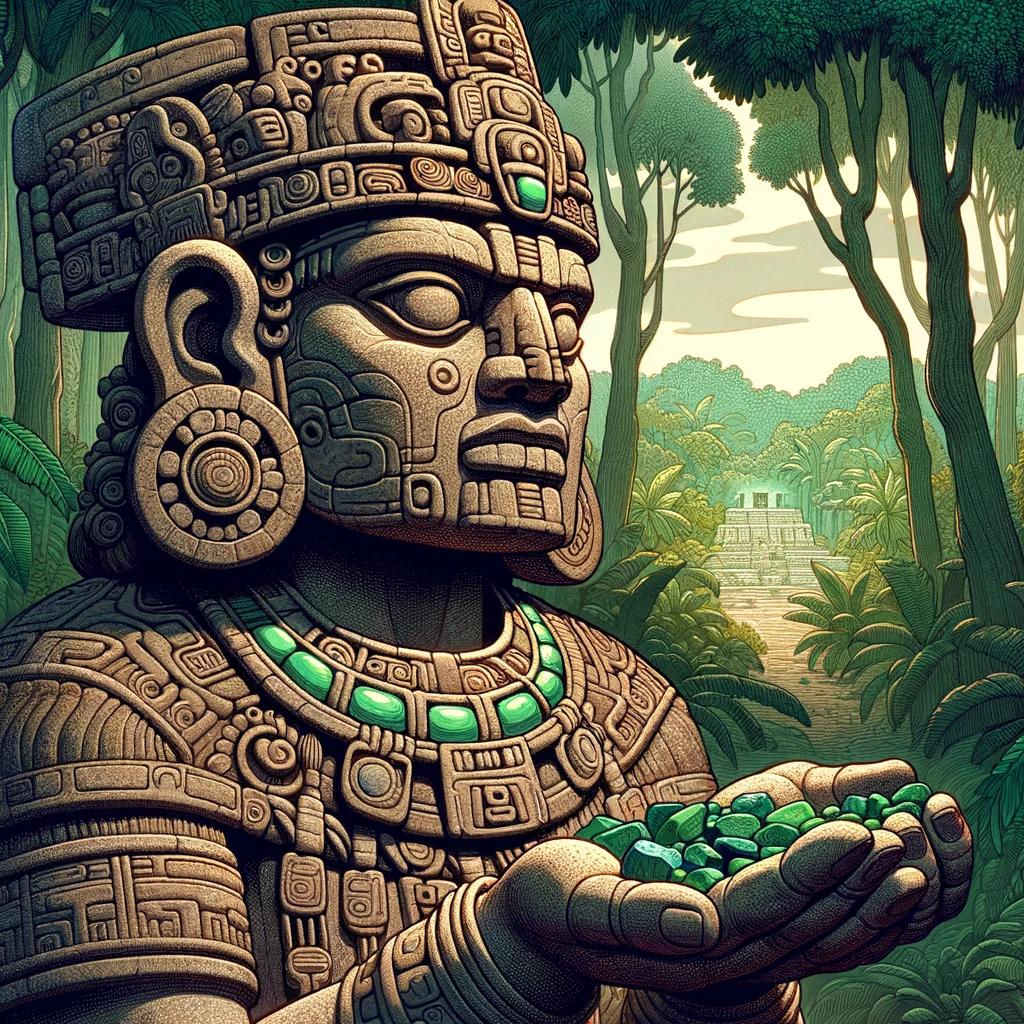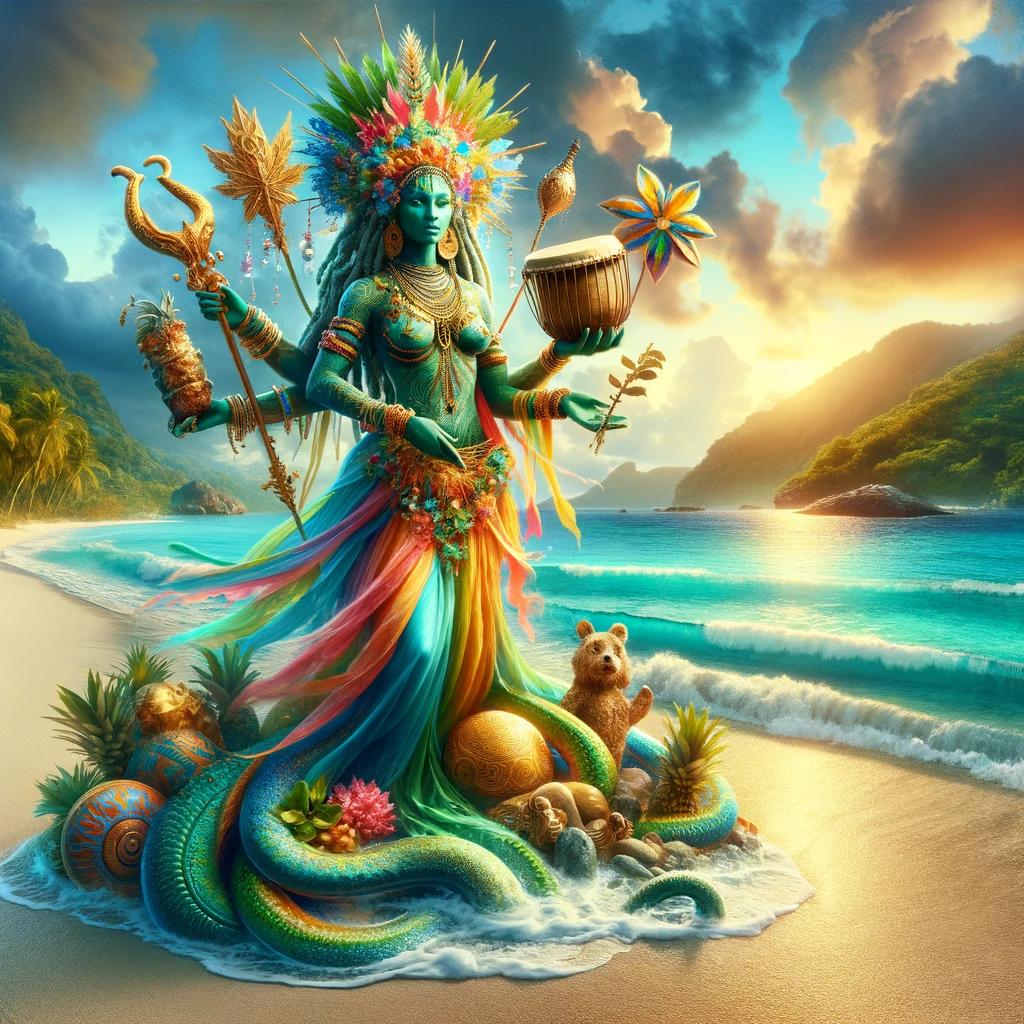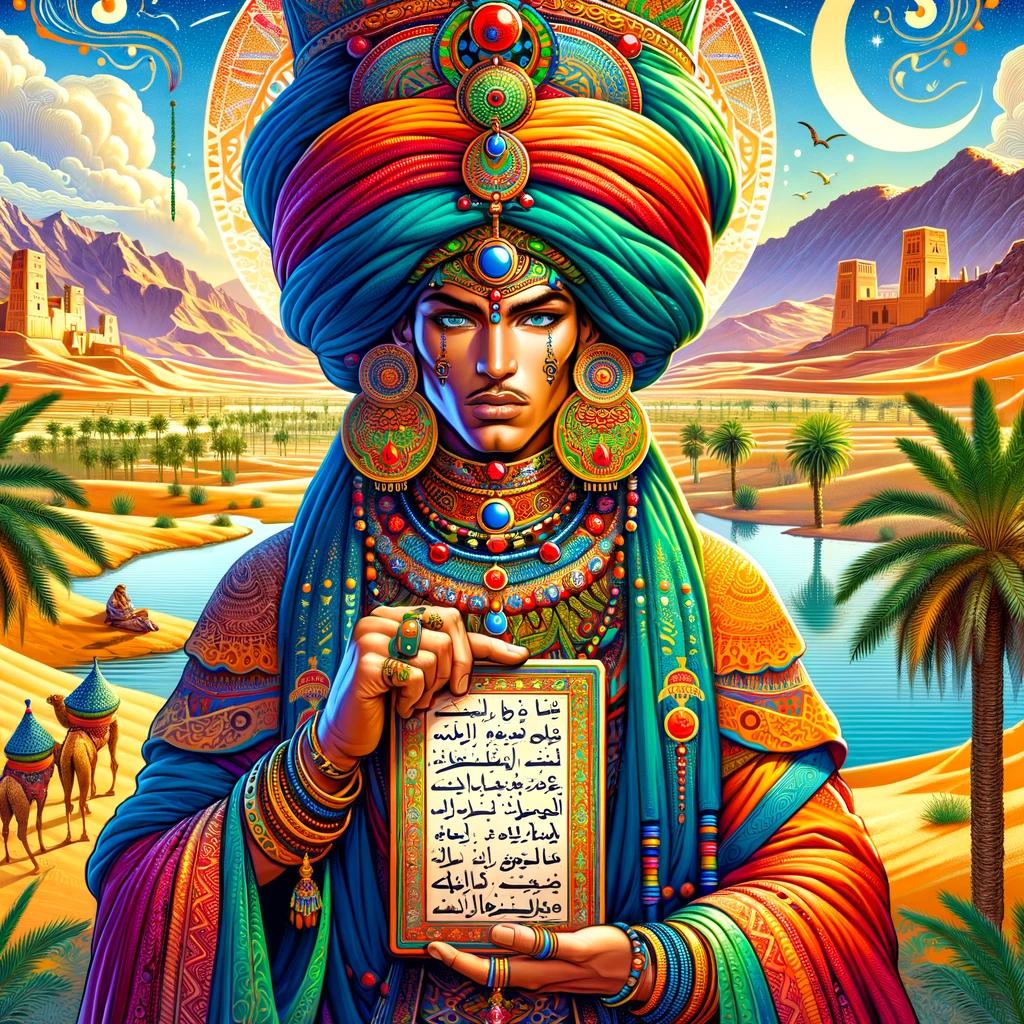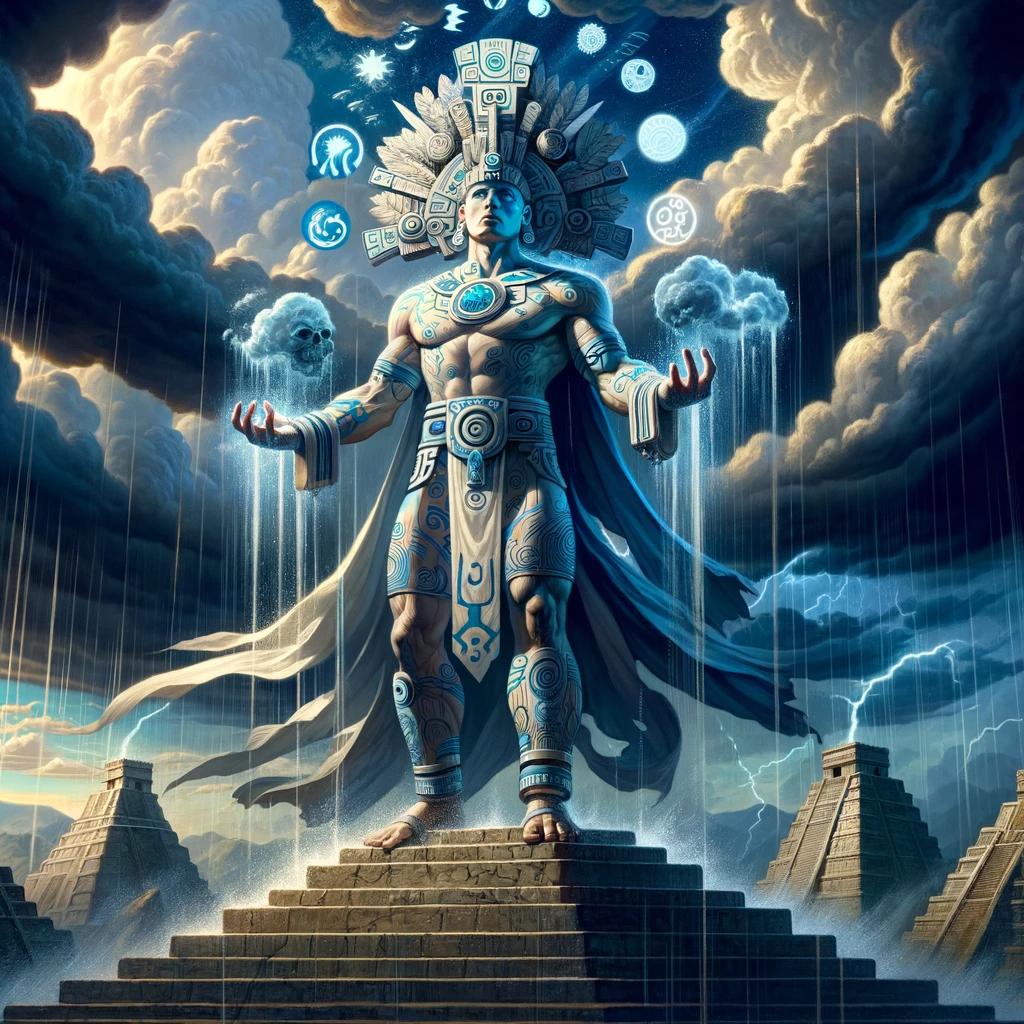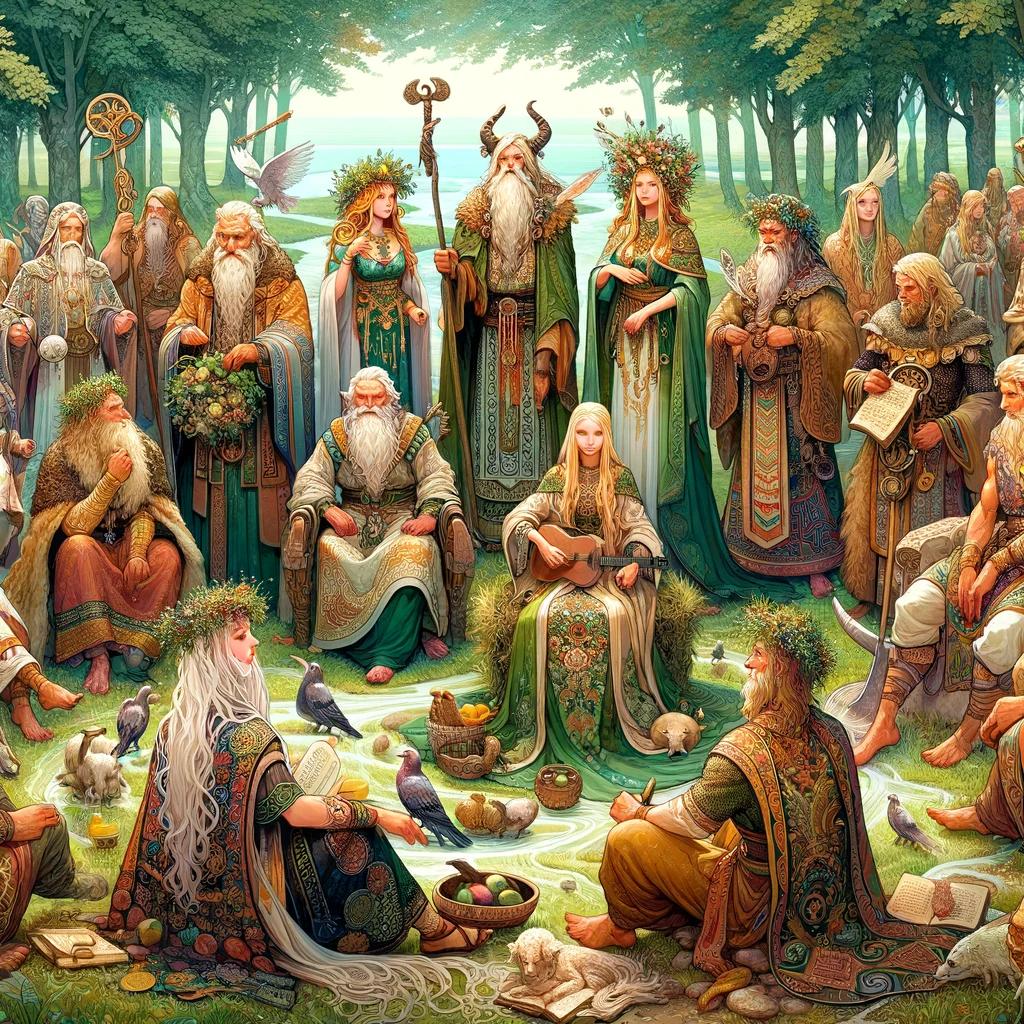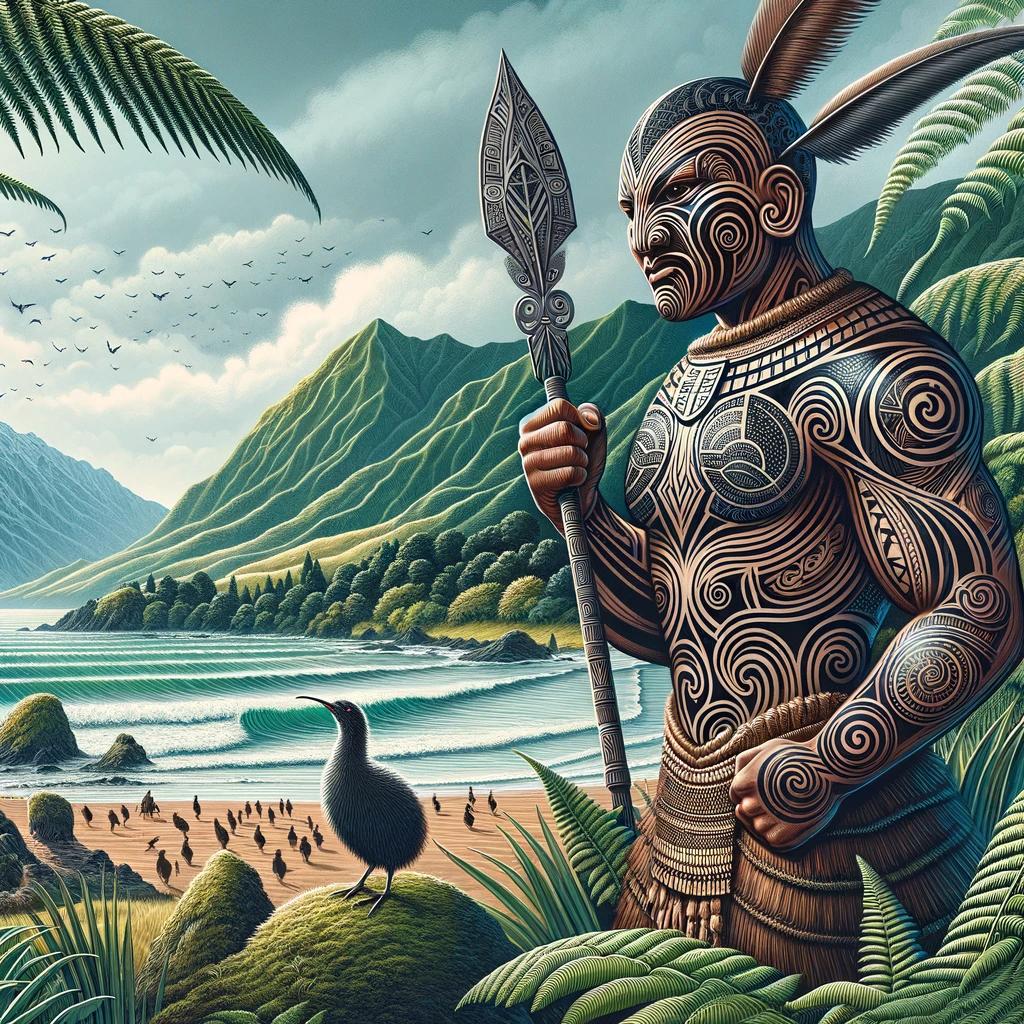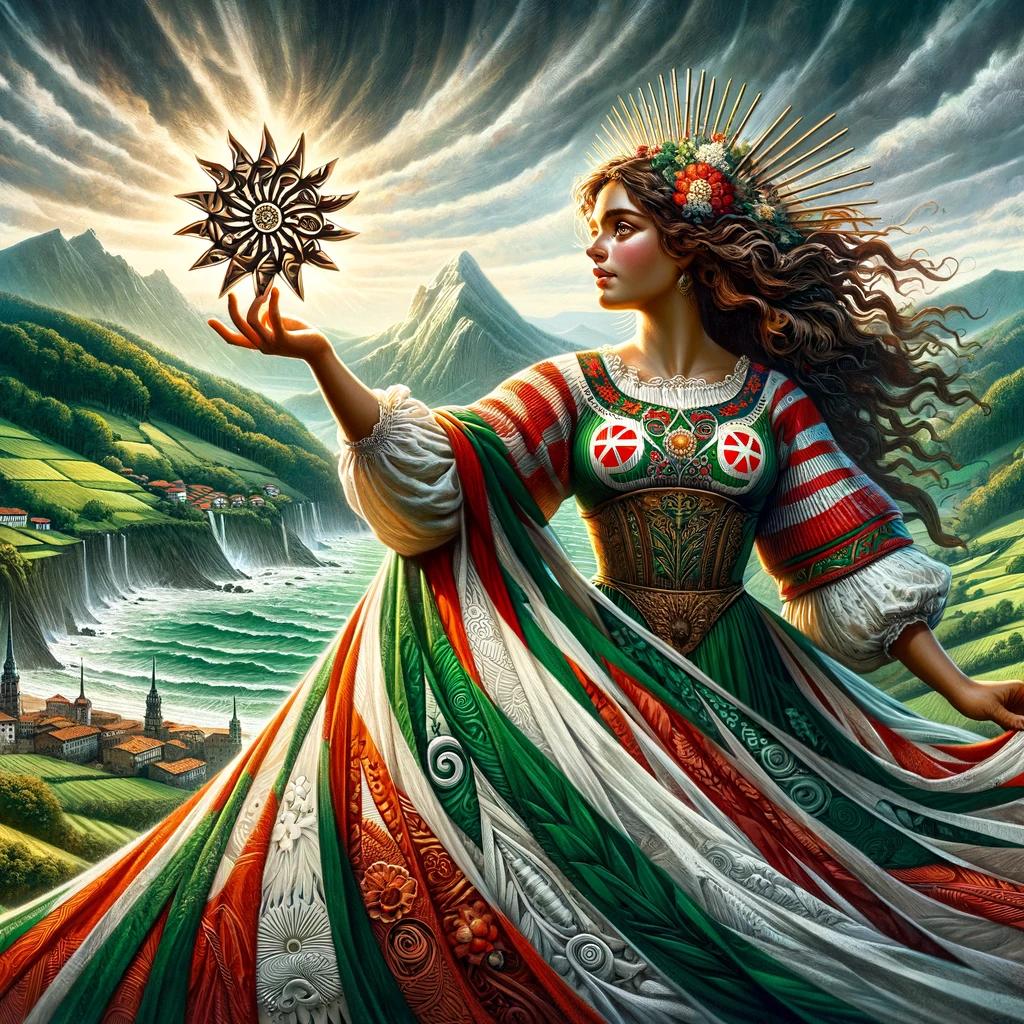Discover the Enchanting World of Siberian Mythology Gods and Goddesses
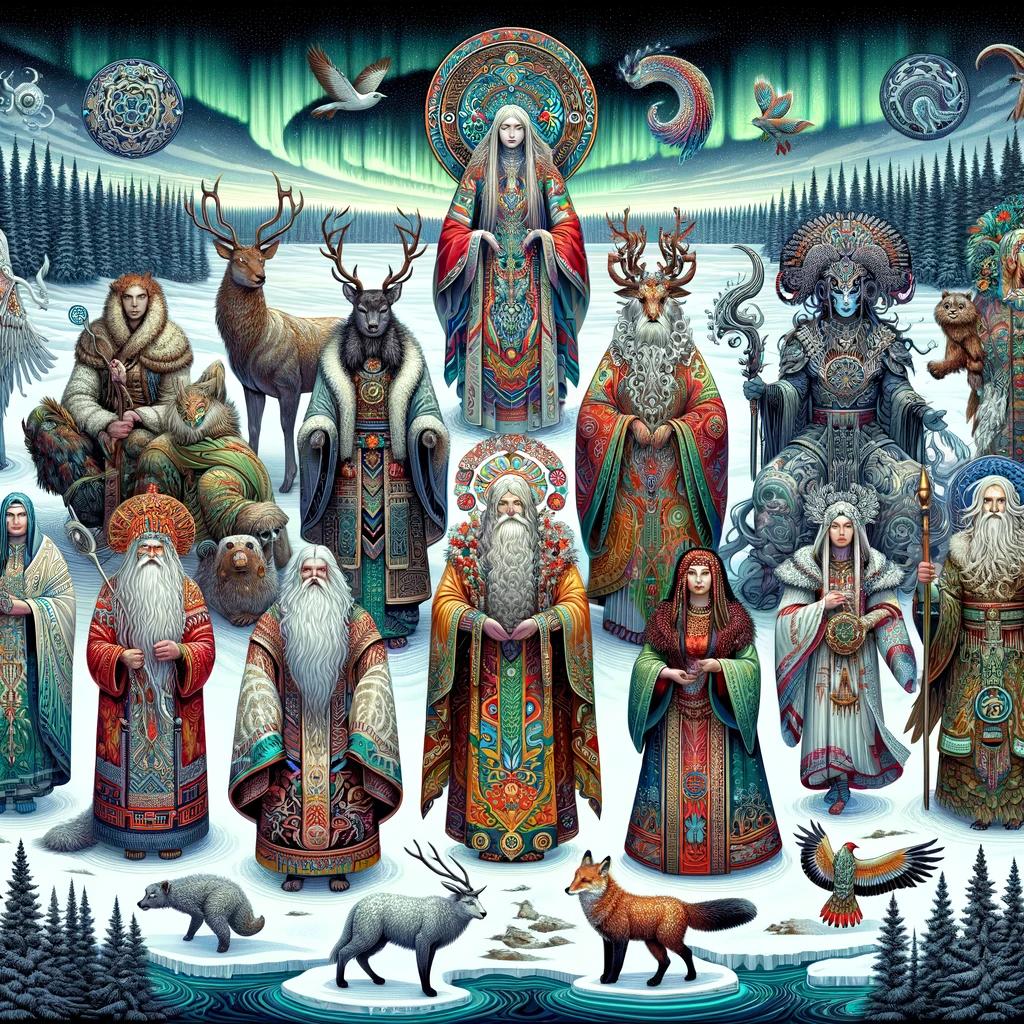
Siberian mythology is a fascinating tradition filled with diverse gods and goddesses. These deities, such as Kutkh, Erlik, Ulgan, Irkuiem, Buga, Anapel, Ajysyt, Nga, Otshirvani, and As-Iga, play important roles in the Siberian belief system.
This article provides an overview of Siberian mythology, explores major gods and goddesses, discusses regional variations, and introduces Godchecker.com as a valuable resource for further exploration. The practices and policies surrounding Siberian mythology, including respectful prayers and permissions, are also touched upon.
Join us on a journey into the captivating realm of Siberian mythology.
Overview of Siberian Mythology Gods and Goddesses
Welcome to the mesmerizing world of Siberian Mythology Gods and Goddesses! In this section, we will delve into the origins, importance, key beliefs, concepts, and the role of these divine beings in Siberian Mythology.
The Origins and Importance of Siberian Mythology
Siberian Mythology holds deep roots in the ancient traditions of the Siberian region. Passed down through generations, these mythical stories and legends encapsulate the beliefs and experiences of the indigenous peoples.
The mythology reflects their connection to nature, the spirits, and the spiritual practices that shape their lives. It serves as a vital aspect of preserving their cultural heritage and identity.
Key Beliefs and Concepts in Siberian Mythology
Central to Siberian Mythology are beliefs in the interconnectedness of all things, the power and influence of spirits and deities, and the cyclical nature of life and the universe.
The perception of a spiritual realm, the existence of both benevolent and malevolent forces, and the significance placed on rituals and ceremonies are fundamental aspects of Siberian Mythology.
Furthermore, Siberian Mythology encompasses the concept of animism, where all natural elements, animals, and objects hold spirits or souls.
This belief system emphasizes the sacredness of the Earth and the harmonious coexistence between humans and the natural world.
The Role of Gods and Goddesses in Siberian Mythology
Gods and Goddesses hold prominent positions within Siberian Mythology, representing various aspects of life, nature, and the cosmos. They personify cosmic forces, natural phenomena, and human attributes. These divine beings are revered as intermediaries between humans and the spiritual realm, facilitating communication, guidance, protection, and blessings.
The gods and goddesses in Siberian Mythology portray a diverse range of characteristics and roles, from tricksters and guardians to creators and healers. They play vital roles in the formation of the world, the establishment of societal norms, and the preservation of balance and harmony.
Now that we have gained an overview of Siberian Mythology, let us embark on a fascinating journey to explore the major gods and goddesses in the Siberian pantheon.
Major Gods in Siberian Mythology
Siberian mythology features a pantheon of fascinating deities, each with their unique significance and role in the spiritual realm.
Let’s delve into some of the major gods in Siberian mythology:
Kutkh: The Trickster God
Kutkh is a mischievous and shape-shifting deity known as the Trickster God in Siberian mythology. He is often depicted as a trickster raven or a hare and is associated with both creation and chaos.
Kutkh embodies the unpredictable and transformative forces of nature, introducing change and challenging the established order.
Erlik: The God of Death and the Underworld
Erlik is the formidable God of Death and the Underworld in Siberian mythology. He rules over the realm of the dead and is responsible for the souls’ journey into the afterlife.
Erlik is depicted as a powerful deity with a dark and imposing presence, embodying the mysteries and fears surrounding death.
Ulgan: The God of the Sky and Weather
Ulgan is revered as the God of the Sky and Weather in Siberian mythology. As the deity in control of atmospheric phenomena, Ulgan influences the elements and determines the patterns of weather.
He is often depicted as a powerful figure with the ability to bring rainstorms, thunder, and lightning.
Irkuiem: The Goddess of Beauty and Fertility
Irkuiem is the beloved Goddess of Beauty and Fertility in Siberian mythology. She represents the essence of feminine allure and is associated with the abundance of the natural world. Irkuiem is often depicted as a radiant and nurturing deity, bestowing her blessings upon the land and its inhabitants.
Buga: The God of Hunting and Wildlife
Buga holds the prominent role of the God of Hunting and Wildlife in Siberian mythology. He is revered as the protector and provider of the animal kingdom, ensuring the balance and harmony between humans and nature.
Hunters and gatherers often seek the favor of Buga before embarking on their expeditions.
Goddesses in Siberian Mythology
Explore the fascinating realm of Siberian mythology and discover the powerful goddesses that play integral roles in this ancient tradition. These goddesses embody various aspects of life, bringing blessings, protection, and wisdom to those who worship and honor them.
Anapel: The Goddess of Love and Relationships
Anapel is revered as the goddess of love and relationships in Siberian mythology. She holds the power to foster love, ignite passion, and promote harmonious connections between individuals. Worshippers seek her guidance and blessings in matters of the heart, seeking to deepen their emotional bonds and find enduring love.
Ajysyt: The Goddess of Healing and Protection
Ajysyt is the compassionate goddess of healing and protection. She possesses the ability to bring physical, emotional, and spiritual healing to those in need. Devotees seek her aid in times of illness and turmoil, trusting in her guidance to restore health and provide a shield of protection against negative forces.
Nga: The Goddess of Water and Rivers
Nga, the revered goddess of water and rivers, holds immense significance in Siberian mythology. She is associated with the life-giving properties of water and is believed to bring abundance, fertility, and purification.
Worshippers seek her blessings for prosperous harvests, plentiful water sources, and emotional cleansing.
Otshirvani: The Goddess of Wisdom and Knowledge
Otshirvani, the goddess of wisdom and knowledge, is revered for her profound intellect and vast understanding of the world. Devotees turn to her for guidance, seeking clarity, insight, and intellectual growth.
She empowers her followers with wisdom, encouraging the pursuit of knowledge and personal enlightenment.
As-Iga: The Goddess of Nature and Earth
As-Iga, the goddess of nature and earth, is deeply connected to the natural world. She embodies the nurturing and life-giving aspects of the earth, fostering harmony and balance. Worshippers seek her blessings for abundance, fertility, and protection of the environment, honoring her as a guardian and caretaker of the natural world.
Immerse yourself in the enchanting stories and symbolism surrounding these powerful goddesses in Siberian mythology. Pay homage to their unique attributes, seeking their blessings, guidance, and protection in different aspects of life.
Regional Variations in Siberian Mythology
Siberian Mythology in Different Tribes and Cultures
Siberian mythology is not a monolithic tradition, but rather a collection of diverse beliefs and practices that vary across different tribes and cultures. Each region within Siberia has its own unique interpretations of gods and goddesses, reflecting the distinct cultural influences and historical interactions of the local communities.
Among the tribes of the Evenks, the supreme deity is often known as Num-Torum, who presides over nature and the spiritual world. The Buryats have their own pantheon of gods and goddesses, with Tengri Khan being revered as the highest god.
The Yakuts worship Num and Ayzit, the gods of the sky and the earth, respectively.
Shamanism plays a significant role in Siberian mythology, with shamans serving as intermediaries between humans and the spiritual realm.
They have deep knowledge of the local traditions and rituals, allowing them to connect with the gods and goddesses specific to their region.
Unique Gods and Goddesses in Specific Siberian Regions
Within Siberia, different regions have their own distinctive gods and goddesses, with their attributes and domains varying across these localities.
In the Altai Mountains region, the Altai people worship the mountain god Ak-Burkhan, who is believed to govern the weather and protect the land. Among the Khanty people, the goddess Numi-Torem is revered as the guardian of fertility and prosperity.
The Chukchi people hold the goddess Chuvycha in high regard as the protector of the hearth and the bringer of good fortune. The Tungus people honor the god Kharchu, who is associated with hunting and the protection of animals.
These examples demonstrate the region-specific gods and goddesses that form the rich tapestry of Siberian mythology.
Exploring the regional variations in Siberian mythology provides fascinating insights into the diverse cultural traditions and spiritual beliefs of the people who call Siberia their home.











